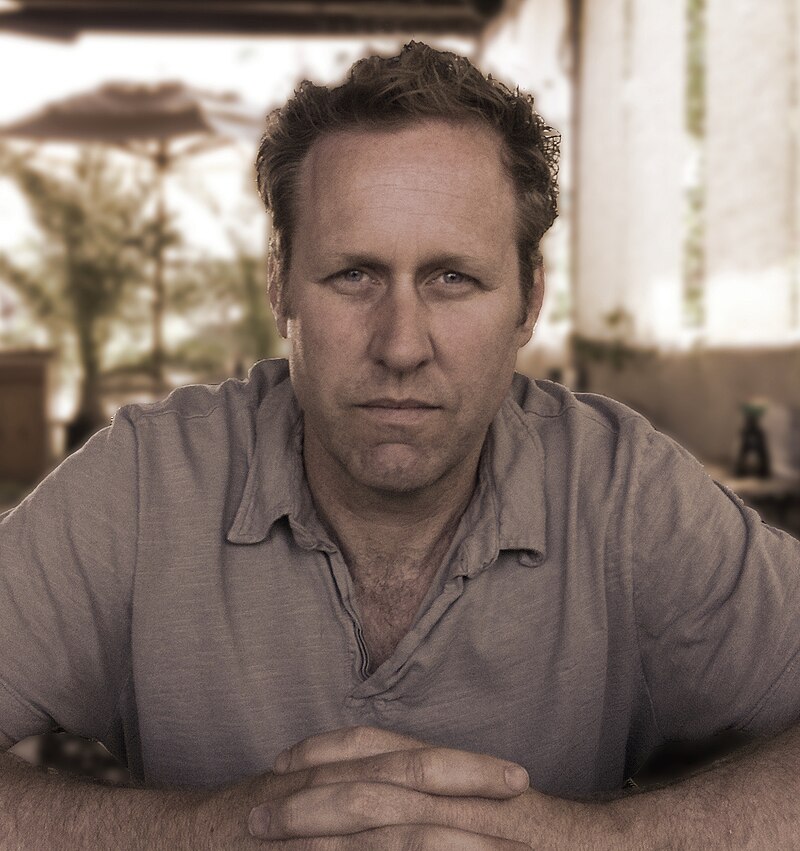The Enduring Legacy of Roger Avary's "Killing Zoe"

Introduction
Released in 1993, Killing Zoe marked an ambitious start to Roger Avary’s directing career. Known for his creative partnership with Quentin Tarantino, Avary’s work often delves into the gritty and morally complex underbelly of human nature. Killing Zoe carved a unique niche in the crime genre, blending stylish ultraviolence with philosophical undertones. While overshadowed by the zeitgeist-defining Pulp Fiction (1994), Avary’s debut remains a fascinating and provocative piece of cinema that continues to resonate with audiences decades later.
Background
To understand the significance of Killing Zoe, it’s essential to grasp the journey of its creator. Roger Avary began his career as a close collaborator of Quentin Tarantino, co-writing the Oscar-winning screenplay for Pulp Fiction. While their creative synergy helped define an era of indie filmmaking, Killing Zoe demonstrated Avary’s individual voice.
The film was largely produced with the support of Tarantino’s producer, Lawrence Bender, further cementing its connection to the era’s groundbreaking crime cinema, including Reservoir Dogs. The cast boasts Eric Stoltz as Zed, the anti-hero safe-cracker; Jean-Hugues Anglade as the hedonistic Eric; and Julie Delpy as Zoe, whose soulful presence acts as a counterbalance to the chaos surrounding her.
Plot Summary
Killing Zoe follows Zed (Eric Stoltz), a skilled but solitary safe-cracker, who travels to Paris at the request of his childhood friend Eric (Jean-Hugues Anglade). Eric enlists Zed’s help for a supposedly straightforward bank heist. Before the robbery, Zed has a fateful encounter with Zoe (Julie Delpy), a sex worker whose day job happens to be at the very bank they intend to rob. The story unfolds over a single day, charting a descent into violence and nihilism as the heist spirals horribly out of control. What begins as a meticulously planned operation devolves into a bloody free-for-all, forcing Zed and Zoe to confront their roles in an increasingly chaotic world.
Critical Reception
Upon its release, Killing Zoe polarized critics. Renowned film critic Roger Ebert acknowledged the movie’s audacity, describing it as a “brilliantly visual exercise in ultraviolence,” but questioned its substance. You can read Ebert’s full review here. While some critics dismissed the film as overly indulgent, others saw promise in Avary’s bold, risk-taking style. The mixed reception underscored Avary’s ambitious but nascent talent, setting the stage for his later successes.
Legacy
With time, Killing Zoe has garnered a cult following, its gritty aesthetic and unapologetic violence earning it a place among the most distinctive heist films of the 1990s. Unlike the sleek, carefully orchestrated robberies depicted in movies like Heat, Avary’s film portrays the chaos and unpredictability of its criminal underworld. The narrative’s focus on moral ambiguity and the fleeting nature of human connections elevates it beyond a conventional genre piece.
Avary would later revisit elements of Killing Zoe in his 2019 film Lucky Day. Despite being a standalone movie, Lucky Day feels like a spiritual sequel, expanding on similar themes of crime, redemption, and flawed humanity. Through these works, Avary has solidified his role as an auteur unafraid to challenge convention.
Final Thoughts
While it may not have achieved the cultural impact of some of its contemporaries, Killing Zoe remains an essential entry in the crime genre. Roger Avary’s distinctive directorial debut exemplified the raw creativity fueling indie cinema in the early ’90s. As its legacy grows and Avary’s contributions to film are re-evaluated, Killing Zoe stands as a testament to the power of bold storytelling and uncompromising vision.
Whether you’re a lifelong fan or discovering the film for the first time, Killing Zoe is a reminder of what can happen when filmmakers dare to defy expectations.
